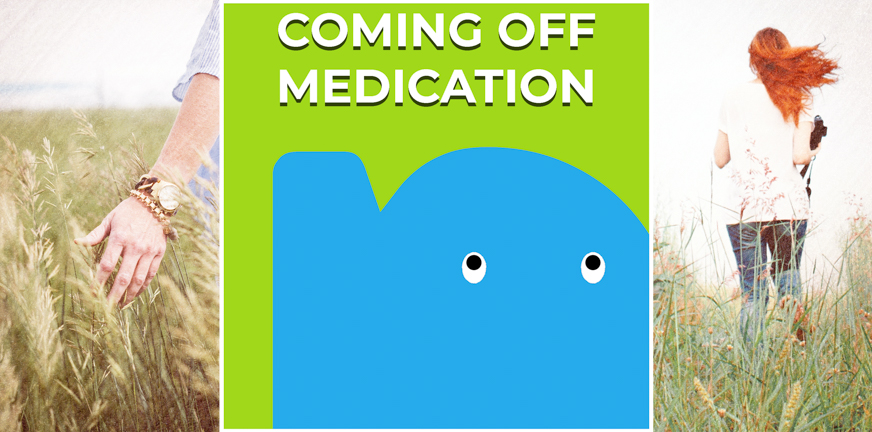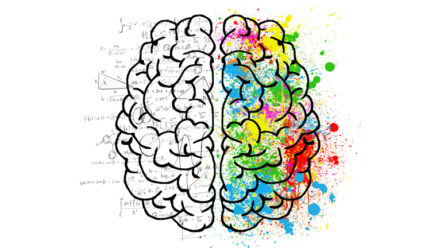
Everybody responds to medication in their own unique way. While a medicine might work for some, others may only notice the side effects. Some have no trouble reducing medication, while others find it very hard to stop. So there is no one right way of reducing medication that works for everyone. There are, however, shared experiences, basic research outcomes and relevant information that can be helpful in the reduction process.
This applies to everyone: never decide to reduce medication on your own. Instead you should always discuss it with your therapist first. “Quitting cold turkey”, abruptly stopping medication can cause serious withdrawal symptoms and lead to serious psychotic and/or mood problems.
Read our details tips on how to stop here.
Coming off psycho-pharmaceuticals – The Harm Reduction approach
The “Harm Reduction Guide to Coming Off Psychiatric Drugs and Withdrawal” – developed in the United States – is compiled by users of psycho-pharmaceuticals and contains the best information they could find about reducing medication. It is meant to support people who want to do this. This guide has been translated into Dutch and many other languages.
Composed by Will Hall (American coach, trainer and author with lived experience), the guide gathers information that has been collected by the Icarus Project and Freedom Center.
The guide is not meant to convince people to come off psychiatric drugs, but to support those who are already considering this and help them make the right decisions. In a culture polarised between pro-medication propaganda by pharmaceutical companies and the anti-medication agenda of some activists, the Harm Reduction approach means to help people in making their own decisions, while balancing the risks and benefits.
It is called “Harm Reduction” because reducing medication is complicated.
The guide also presents views from people who decided to keep using their medication or only slightly reduce their dosage. A lot of people benefit from medication and decide to stay on them. Depending on the circumstances, this can sometimes be the better option, even despite the medication’s risks and side effects. But on the other hand, some medicines, including antipsychotics and lithium, can do lots of damage, and sometimes even cause more harm than the problem they were meant to fix.
People still too often have to find their own way through the psychiatric maze without professional support.
Tapering strips
The reduction of antipsychotics, antidepressants, tranquilisers and sleeping pills, can cause all kinds of possible problems. Some problems impact people so much that they are unable to come off the medication, or only with great difficulty. Withdrawal symptoms are one of the main problems during reduction. These are physical and psychological problems that result from reducing the dosage too quickly or suddenly. These withdrawal symptoms can be prevented (as much as possible) by not stopping instantly, but by reducing your daily dosage very gradually in small steps.
So gradual reduction is important, but also takes a personalised approach. Because what works well for one person, might work out badly for someone else. Tapering strips were developed in 2010, which allow for very gradual reduction. By now tapering strips are available for a lot of different kinds of medication.
Learn more about tapering strips.
Evaluate the effect and side effects regularly
When you are on medication, it is important to regularly evaluate the effect AND side effects with your therapist. Is the medication doing what it should do? Are the side effects not too bad for you? Also keep an eye on this when you are reducing medication.
Evaluation is made easier with our medication check list. You can fill in the list online, print it and take it to your therapist.




